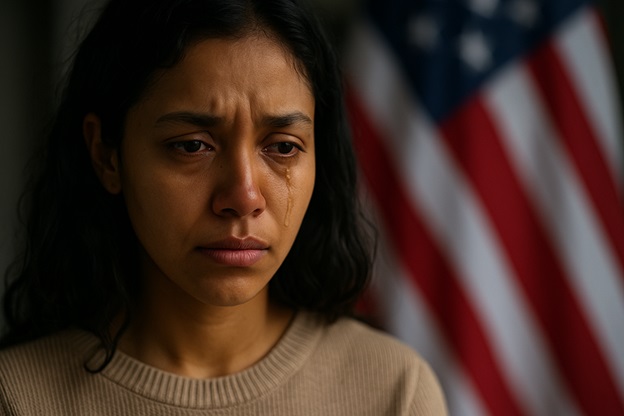
BIA Rules That “Women Alone” Is Not a Recognized Social Group for Asylum Matter of K-E-S-G- (BIA 2025)
Background of the Case
In this case, a woman from El Salvador applied for asylum in the United States. She argued that she feared harm in her home country because she belonged to certain “particular social groups” (PSGs). Specifically, she claimed she was part of:
- “Salvadoran women”
- “Salvadoran women viewed as property”
The Immigration Judge originally denied her case, finding her groups were not legally valid social groups for asylum purposes. The case went through appeals, including a remand from the Sixth Circuit Court of Appeals, but the issue remained whether these groups could qualify as a cognizable PSG under U.S. asylum law.
What Is a “Particular Social Group”?
To win asylum based on being in a PSG, the group must meet three requirements:
- Immutable characteristic – members share something they cannot or should not be forced to change (such as family ties, ethnicity, or gender).
- Particularity – the group must be clearly defined with boundaries (not too vague or broad).
- Social distinction – society must generally recognize the group as distinct.
The BIA’s Decision
- Sex or sex + nationality alone is not enough.
While “sex” (being male or female) is immutable, groups like “all Salvadoran women” are too broad, amorphous, and diffuse to qualify as PSGs. They include people of every age, background, and social status without a clear boundary. - “Viewed as property” is too vague.
The Board found the phrase lacked a clear definition. Who decides when someone is “viewed as property”? By whom? In what context? Without clear, objective criteria, this group was deemed too subjective to count. - Comparison with other cases.
Courts have sometimes recognized narrower PSGs (like widows in a particular country, or women from a minority religion living alone). But broad categories like “all women” or “all women in a country” have generally been rejected.
Practical Outcome
- The woman was denied asylum and withholding of removal because her proposed groups were not legally recognized PSGs.
- However, she filed a motion for cancellation of removal (a different type of relief for long-term residents with U.S. citizen or permanent resident family). The Board remanded the case back to the Immigration Judge to consider this new application.
Why This Case Matters
This decision sets a precedent:
- Gender alone is not enough to qualify as a PSG under asylum law.
- Applicants must show something more specific, like being a woman of a particular status, circumstance, or social role that makes them uniquely targeted.
- It reinforces that PSGs cannot be so broad that they essentially add a new “protected ground” (like sex) to asylum law without Congress explicitly doing so.
Plain takeaway
Being a woman, or a woman of a certain nationality, by itself does not qualify as a social group for asylum. Claims must show a narrower, socially distinct group with clear boundaries.
Let’s Get Started
Your legal challenges deserve personalized attention and innovative solutions. Contact Oware Justice Advocates PC today for a consultation and take the first step toward resolution and peace of mind.
355 South Teller Street, Suite 204,
Lakewood, CO 80226
(Visits to the office are strictly by appointment only)
303-514-6589

